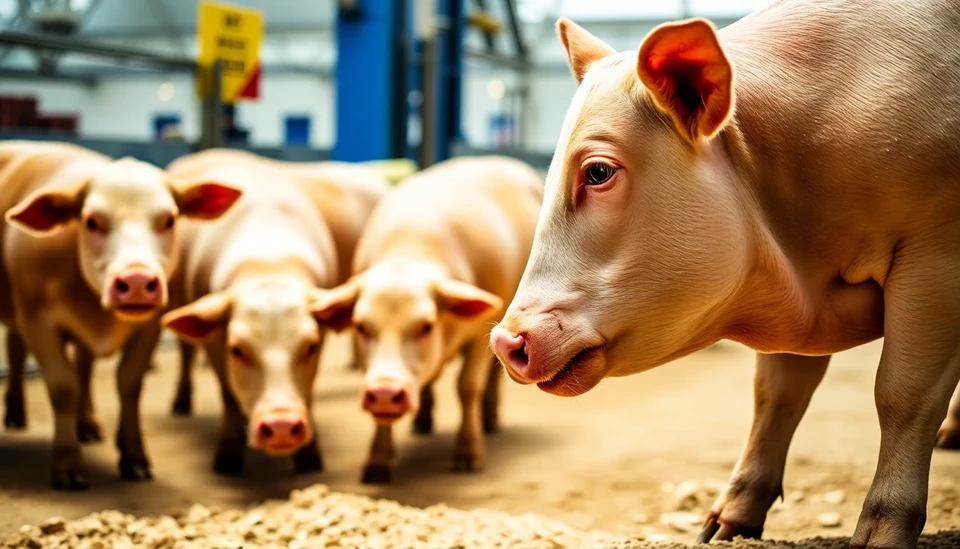
Recent developments in the agricultural sector are raising alarms for the German pork industry, as concerns surrounding foot-and-mouth disease (FMD) have resulted in significant implications for pork exports from the country. This news comes at a time when the global food market is grappling with various challenges.
The incidence of foot-and-mouth disease—an extremely contagious viral infection affecting livestock, particularly cloven-hoofed animals—has led to stringent measures aimed at controlling its spread. The German authorities have heightened their biosecurity protocols in light of these developments, which may have dire consequences for pork exports. Historically, Germany has enjoyed a prominent position in the global pork market, but this latest outbreak threatens to undermine decades of progress.
In response to the disease's resurgence, several countries have opted to implement bans on the importation of German pork. Notably, restrictions have been enforced by both major trading partners and countries with a robust agricultural economy. For farmers in Germany, who had been recovering from previous market disruptions, this situation serves as a significant blow, adding uncertainty to an already volatile industry.
Experts have raised concerns not only about the immediate impact of these restrictions but also about the longer-term implications for Germany's reputation in the global meat market. As nations compete for market share, the ability to maintain high animal health standards will be crucial for Germany’s competitive edge in the sector. The fallout from the FMD hikes the urgency for both producers and exporters to develop robust contingency plans to mitigate these economic setbacks.
With the ongoing threats posed by the FMD outbreak, industry leaders and government officials are urged to collaborate closely to reinforce biosecurity measures. The integration of advanced monitoring systems and proactive communication strategies will help to safeguard public and animal health, while also working toward restoring confidence in the German pork industry.
This situation serves as a stark reminder for countries worldwide of the fragility of global food security, as interlinked supply chains can easily be disrupted by disease outbreaks. As nations push to bolster their agricultural sectors, the need for resilient livestock management practices has never been more apparent.
As the situation continues to evolve, stakeholders across the board must remain vigilant. The pork industry in Germany, and indeed the broader global market, will be relying on swift and effective actions to combat the challenges posed by FMD and to revive pork export activities in the near future.
#GermanPorkExports #FootAndMouthDisease #AgricultureNews #FoodSecurity #PorkIndustry
Author: Rachel Greene




